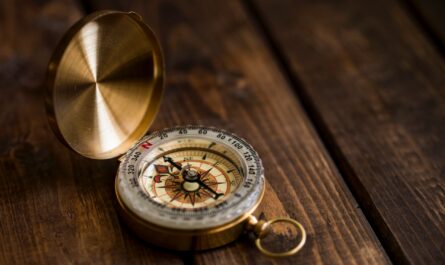“Isn’t running just an exercise in being miserable?”
For years I hated running because I couldn’t get past the extended discomfort. Growing up, running was a punishment, associated with poor or lazy decision making during a game and the “conditioning” days of my sports years were always met with groans. My constant bewildered thought was, “People actually enjoy this burn in their legs and lungs and do this for hours on end?”. A few years ago, I even asked a friend of mine, an avid runner who has logged a couple ultra-marathons, how he deals with the burn and discomfort on his runs. “You just get used to it and learn to ignore the discomfort.” There it was – the simple acknowledgment that difficult things never become easier; you become accustomed to the grind. Nobody runs because they enjoy being miserable. Plenty of people, however, run as a challenge to their mind and body, and reap the rewards of that challenge. This is true with life, as well. Rising to meet new challenges doesn’t become any easier; we learn to manage the discomfort because we place greater importance on the rewards than the temporary sting.
The America of today is a place where anything uncomfortable can seemingly be anesthetized, deleted, medicated, or removed. Whatever causes you the slightest discomfort can be swiped away with a finger or numbed with a substance. This is not entirely true in practice, though. Everything good and worthwhile requires a bout of discomfort; relationships, maintaining one’s health, getting enough sleep, raising children, and education are all prime examples. Avoiding discomfort doesn’t make life easier, but more difficult. To avoid discomfort is to deny yourself the opportunity to grow. Pain and pleasure both are parts of life, despite our efforts to escape one and worship the other. In reality, it’s all just part of living and growing.
Victor Frankl wrote, “What man actually needs is not a tensionless state but rather the striving and struggling for some goal worthy of him.” Life is not about moving along without difficulty. We need, as Frankl observes, something we consider worthy of striving and actually struggle toward it. Growth is uncomfortable, but necessary. Challenges move us beyond our current abilities. We practice doing difficult things so when life itself becomes difficult, we are up to the challenge and can overcome obstacles. Life’s trying moments aren’t the problem. Failing to prepare our minds for adversity creates problems. Our expectation to never encounter difficulty only sets us up for disaster when adversity inevitably does show up.
I have no interest in ultra-marathons (or regular marathons) and it would be a stretch to call myself an avid runner. I took up running years ago because I knew it was a weakness, and I knew the only way to improve was hitting the trails. The fact I no longer hate running the few miles I log each week is because, as my friend predicted, I’ve gotten used to it. I expect the first mile to feel terrible and settle in after it. I’ve accepted it will be a challenge, and continue on despite it. The key, as my lifting coach says, is “getting comfortable being uncomfortable.” Difficulty is not a danger to be avoided, but a challenge to meet. When you set out to do difficult, physical things, expecting them to be difficult and physical, you’re more likely to stick with those things longer than you would with no such expectation. You’re more likely to persist and find a path forward.
When life isn’t challenging you, it’s up to you to find something which will. Go for a run, read a difficult book, hike a trail, get up earlier, or take that class you’ve been avoiding. Find a challenge and get uncomfortable. Embrace the discomfort, knowing it’s paving the way for bigger and better things. Then, after you’ve worked hard, recover by engaging your mind in restful leisure.




